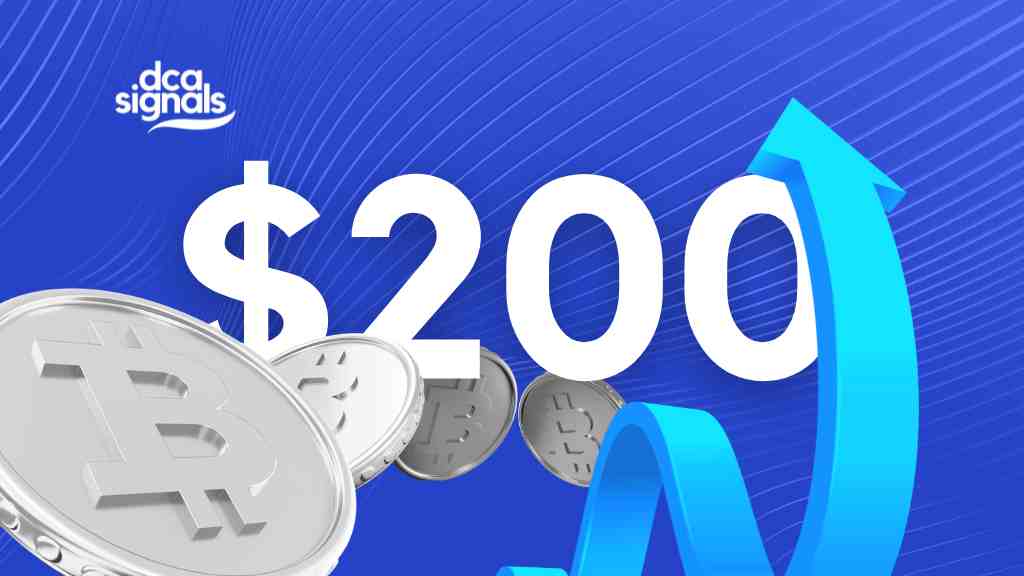Private credit, also known as private debt, is a non-publicly traded debt instrument provided by non-bank lenders to mostly private-equity-owned, middle-market companies that are not publicly traded or issued.
It is one of the fastest-growing segments in the lending landscape, with close to $1.3 trillion in assets under management, of which $350 billion is capital waiting to be deployed.This article aims to provide a comprehensive understanding of private credit, its characteristics, risks, and the role it plays in the financial system.
Table of Contents
Characteristics of Private Credit:
- Non-Publicly Traded: Private credit is not publicly traded, which means it is not listed on stock exchanges and is not subject to the same level of regulation as publicly traded securities.
- Non-Bank Lending:It is provided by non-bank lenders, such as private equity firms, hedge funds, and other alternative asset managers.
- Focus on Middle-Market Companies: It primarily targets middle-market companies, which are typically smaller than those listed on public stock exchanges.
- Secured Debt Instruments: It assets are typically senior in a capital structure, potentially insulating investors’ principal from significant losses in times of economic stress and market dislocations.
- Diverse Range of Strategies: It offers a wide array of sub-strategies that can be defensive and take advantage of rising rates, market volatility, and economic weakness.

Risks Associated with Private Credit:
- Lack of Transparency: The market operates in the shadows, and there is insufficient insight into its key features, including loan terms, lenders’ funding structures, and borrowers’ financial health.
- Interconnections with the Banking System: It has developed significant interconnections with the banking system, which may pose hidden dangers to the banking system, especially as most of the private credit market has not endured a full economic cycle with elevated default rates.
- Regulatory Oversight: Unlike the traditional banking industry, this market is subject to minimal, indirect regulatory oversight, which can lead to a lack of accountability and potential risks to the financial system.
- Systemic Risk: The rapid growth of the market has led to concerns about systemic risk, as policymakers are exploring potential issues related to the sector’s opacity and comparatively light regulation.
Role of Private Credit in the Financial System
- Generating Cash Yield: It focuses on generating cash yield through secured debt instruments or debt-like instruments, such as leases.
- Diversification: It offers a wide range of opportunities that are less correlated with each other and with the rest of an investor’s portfolio, providing enhanced diversification for investors.
- Investor Interest: Institutional investors, such as public and corporate pension plans, insurance companies, foundations, and endowments, use private credit in their portfolios to generate current income, seek downside risk mitigation, and take aim at volatility.
- Growth: Private credit has grown tremendously since the Great Financial Crisis, with assets estimated to total over $1 trillion and a wide range of strategies that can diversify risk, generate resilient yield streams, and dampen overall portfolio volatility for investors.
Private credit is a unique and complex asset class that plays an essential role in the financial system. Its rapid growth, coupled with its opacity and comparatively light regulation, require a thorough understanding of its characteristics, risks, and role in the financial system.









